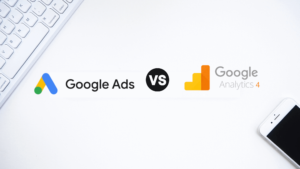What has been known as a top search engine is now spinning its wheels and morphing into something that may very well turn into a personal assistant: Google Now. Giving access – via voice control – to ask Google specific, personal information, it will retrieve it for us from across various services we use: Gmail, Google Calendar and Google+. Instead of searching for hours for a document that your boss or client needed 15 minutes ago, you could potentially find it in a manner of seconds. This not only includes email and documents, but anything from personal flight information to pictures from your latest trip abroad – even down to if there was a sunset in the image.

Google Now Evolves from Top Search Engine
When Google Now was released to the public it was separate from the Google search engine. But as of late, Google appears to be integrating all their systems to keep you within their web browsing system. Yet this expansion in the Google realm is nothing new. Search features like voice assistance were launched several months ago, and it will continue to be a useful trend (see how Apple’s Siri compares).
Too Personal or Useful Business Tool?
“[Google is] just telling you what you want to know (or at least trying to) without having to point you to third-party sites quite so much,”says Chris Crum in a WebProNews post, Will Google’s expanding personalization help, or hurt businesses?
Eric Schmidt, executive chairman of Google, took it one step further, saying that the concepts and interface behind Google Now could be applied to corporations, with some artificial intelligence to help scan corporate data sets.
But, how personal is too personal with Google for business? Well… the good news about this type of personalization and instantaneous answers – from a business perspective – is that businesses will have new avenues to literally get in front of you in a Google search and sidestep SEO.
So, this is a plus for business and marketing strategy, but a controversial infringement for some on sensitive and personal information as it relates to a single computer processor.
While personalization in our searches on the top search engine is a plus, at what cost are we willing to let a browser become a personal assistant and replace the natural form of human communication?
What do you think?






